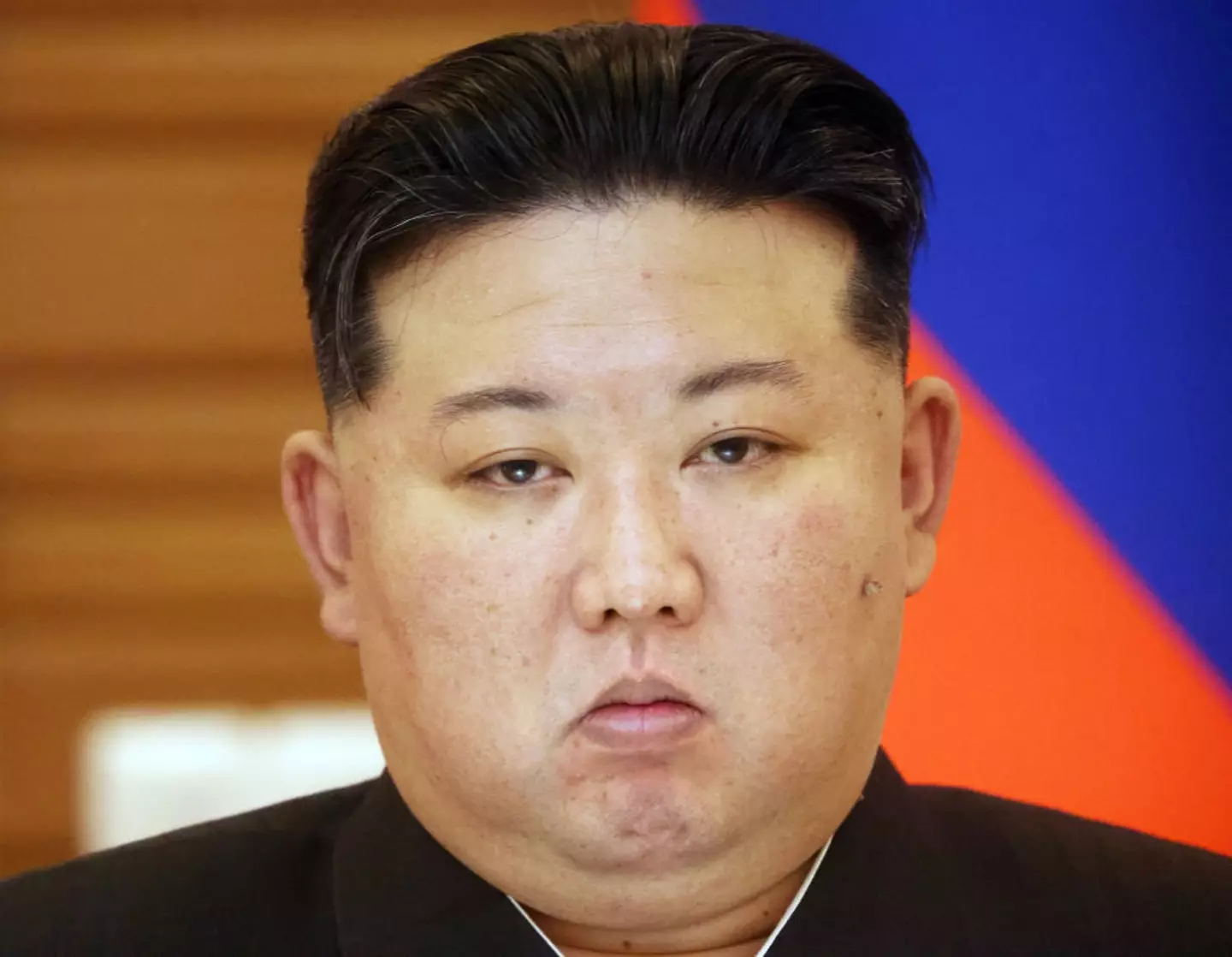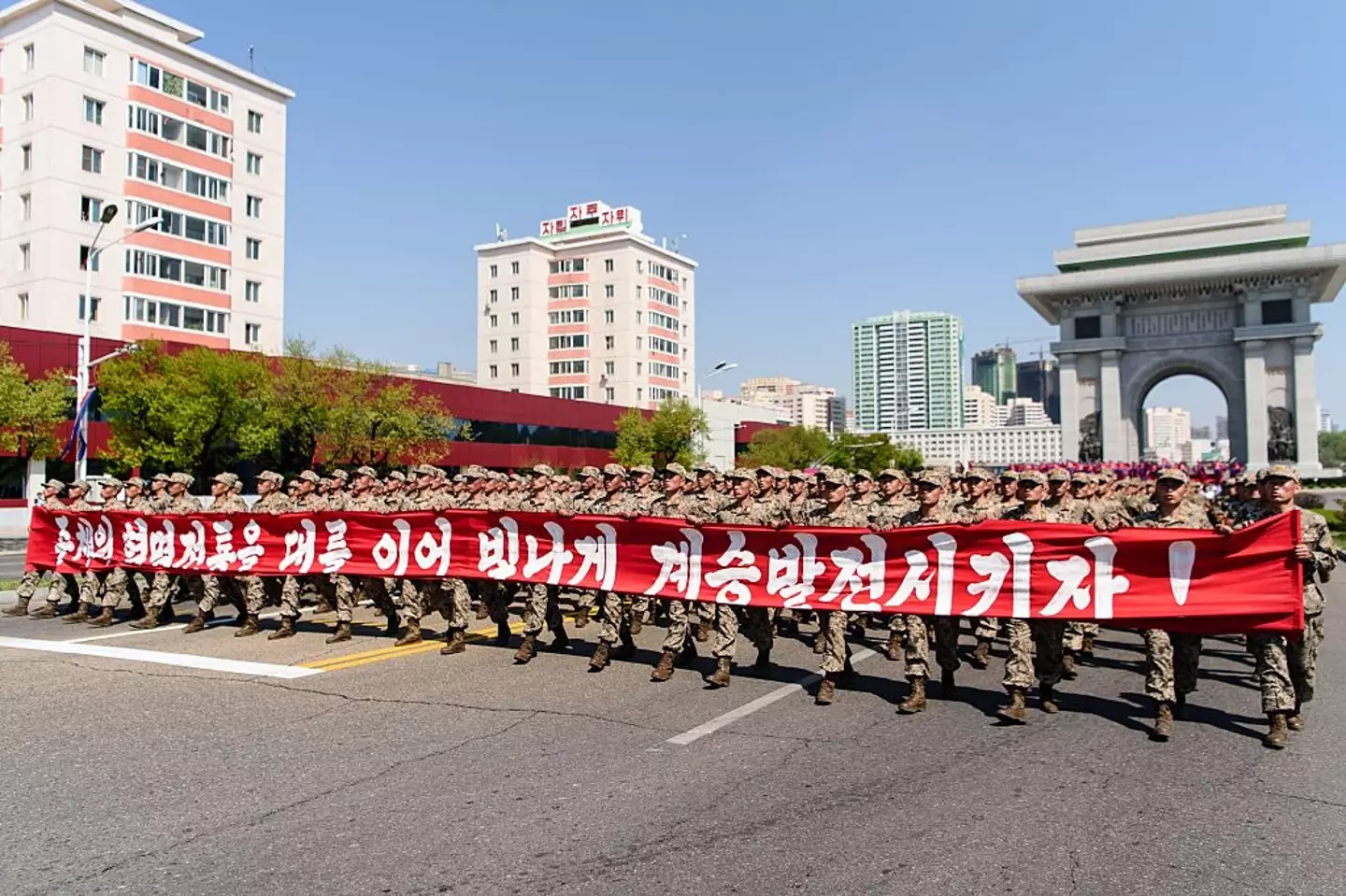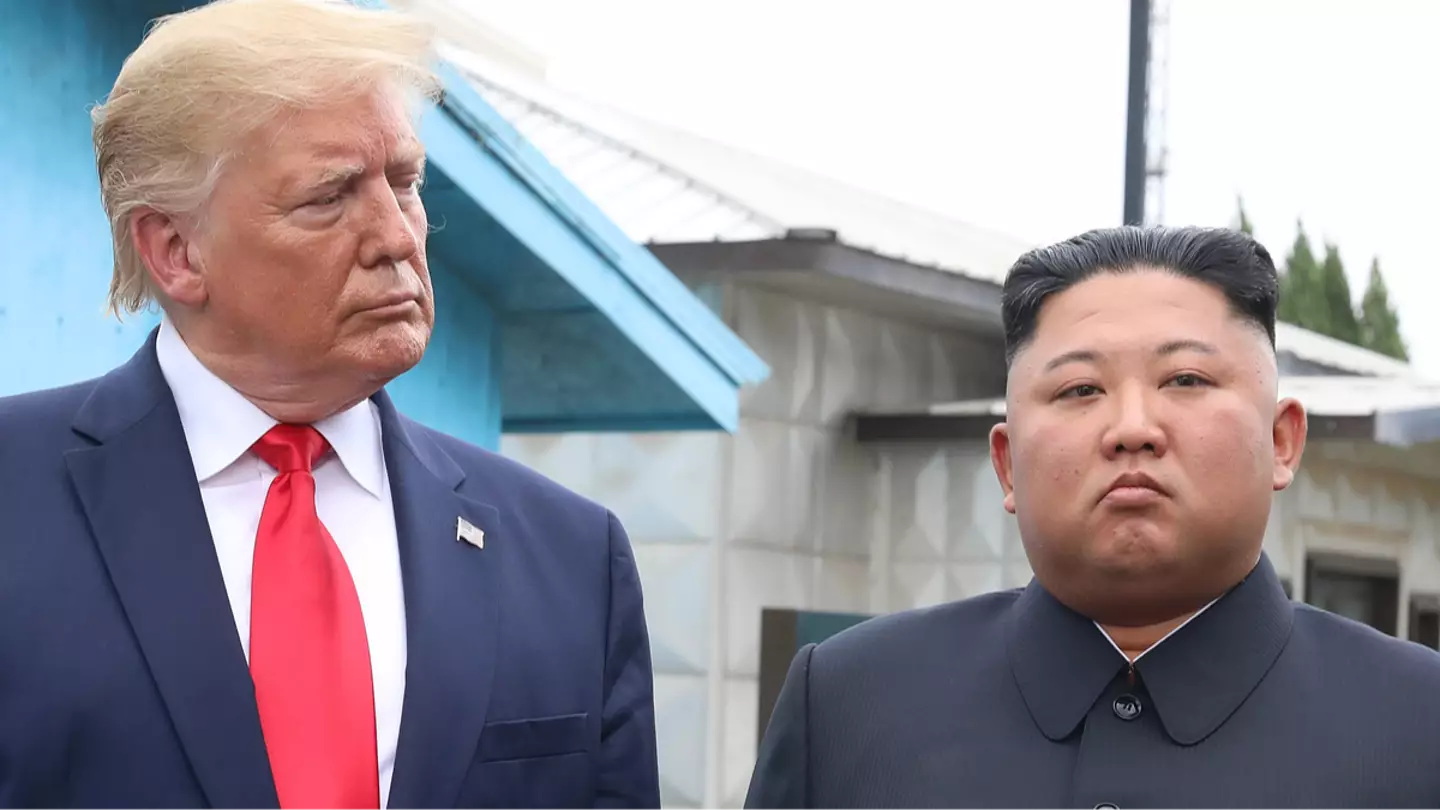Kim Jong Un has recently prohibited the mention of hamburgers, ice cream, and karaoke for an unusual reason.
The leader of North Korea has reportedly instructed the guides at the newly established Wonsan beach-side resort to refrain from using certain terms when speaking with visitors.
This restriction targets words that are considered Westernized and Anglicized, which are commonly used in the West and neighboring South Korea, such as hamburgers, karaoke, and ice cream.
According to a report by the Daily Mail, the guides, who are part of stringent state-run training programs, are required to refer to hamburgers as ‘dajin-gogi gyeopppang’, meaning ‘double bread with ground beef’, and use the term eseukimo (eskimo) for ice cream.
For karaoke, the guides have been directed to use a longer phrase, calling them ‘on-screen accompaniment machines’.
The local publication Daily NK mentions that the guides have been given ‘detailed instructions on handling and entertaining tourists, and must memorize slogans and phrases.’

“The goal is to teach tourism professionals to consciously use North Korean vocabulary while avoiding South Korean expressions and foreign loanwords,” the report further explains.
This development follows a new UN report released on September 12, which claims that human rights conditions in North Korea have worsened over the past decade since its last review in 2014, leading to increased suffering for its population.
The report highlights issues such as political prison camps, widespread use of the death penalty, child labor, and the disappearance of thousands of individuals, including foreign nationals, as well as heightened surveillance, control, and limited access to food for citizens.
It states: “No other population is under such restrictions in today’s world.”
Under the leadership of Kim Jong Un, North Korea has also heightened severe punishments, including public executions, for sharing foreign content such as TV shows, music, and movies from so-called ‘hostile’ nations, alongside language use that deviates from ‘socialist ideology and culture’.
A government task force regularly searches homes to examine computers, radios, and televisions without any warrants in an effort to eliminate ‘anti-socialist materials’.

The report emphasizes that ‘advanced surveillance technology’ and a stronger resolve to ban foreign media usage have empowered authorities to enforce these measures ‘more rigorously’.
“The Government has organized public trials and public executions to instill fear in the population and serve as a deterrent.”
In North Korea, all media is controlled by the government, and any independent news or opinions that do not align with the state’s agenda are deemed ‘counter-revolutionary’ and punishable under broadcasting and publishing laws.
Citizens are further required to join organizations linked to the Workers’ Party of Korea to spread ideology, conduct surveillance, or mobilize the public for government-mandated tasks related to construction, farming, and labor. Every individual is expected to take part in weekly self-criticism sessions.
Despite the risks, the UN reports that the population continues to engage with prohibited information.

